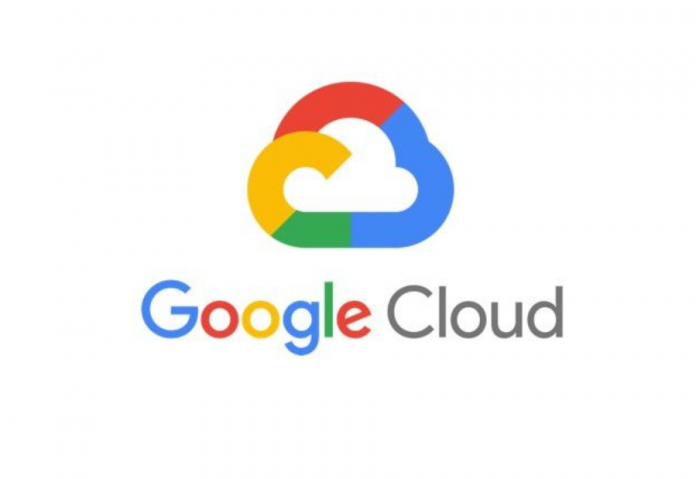In combination with other services on Google Cloud, IoT Core provides a complete solution for collecting, processing, analysing, and visualising IoT data in real time to support improved operational efficiency
An announcement has been made by Google Cloud to shut down its core internet of things (IoT) services, and the customers have time till August next year to move to an alternative service.
Rivals of Google Cloud like Amazon Web Services (AWS) and Microsoft also offer similar IoT services.
While AWS has ‘IoT Core,’ Microsoft offers ‘IoT Hub’ as part of its Azure cloud platform.
“Google Cloud’s IoT Core Service will be discontinued on August 16, 2023 at which point your access to the IoT Core Device Manager APIs will no longer be available,” Google Cloud’s IoT Core Product Team said in an update.
“We recommend that you take action early to migrate from IoT Core to an alternative service. As an initial step, connect with your Google Cloud account manager if you have questions about your migration plans,” the company advised.
To ease the task of sending data from connected devices to a company’s cloud-based environment, Google Cloud launched IoT Core Services in 2017.
To define the configuration settings of newly deployed connected devices, companies can use IoT Core.
“IoT Core is a fully managed service that allows you to easily and securely connect, manage, and ingest data from millions of globally dispersed devices,” according to the company.
In combination with other services on Google Cloud, IoT Core provides a complete solution for collecting, processing, analysing, and visualising IoT data in real time to support improved operational efficiency.
Do Follow: CIO News LinkedIn Account | CIO News Facebook | CIO News Youtube | CIO News Twitter
About us:
CIO News, a proprietary of Mercadeo, produces award-winning content and resources for IT leaders across any industry through print articles and recorded video interviews on topics in the technology sector such as Digital Transformation, Artificial Intelligence (AI), Machine Learning (ML), Cloud, Robotics, Cyber-security, Data, Analytics, SOC, SASE, among other technology topics






